- Fellow Highlights
COVID-19: Paul & Daisy Soros Fellows Using Entrepreneurship, Law, and Research to Support the Fight
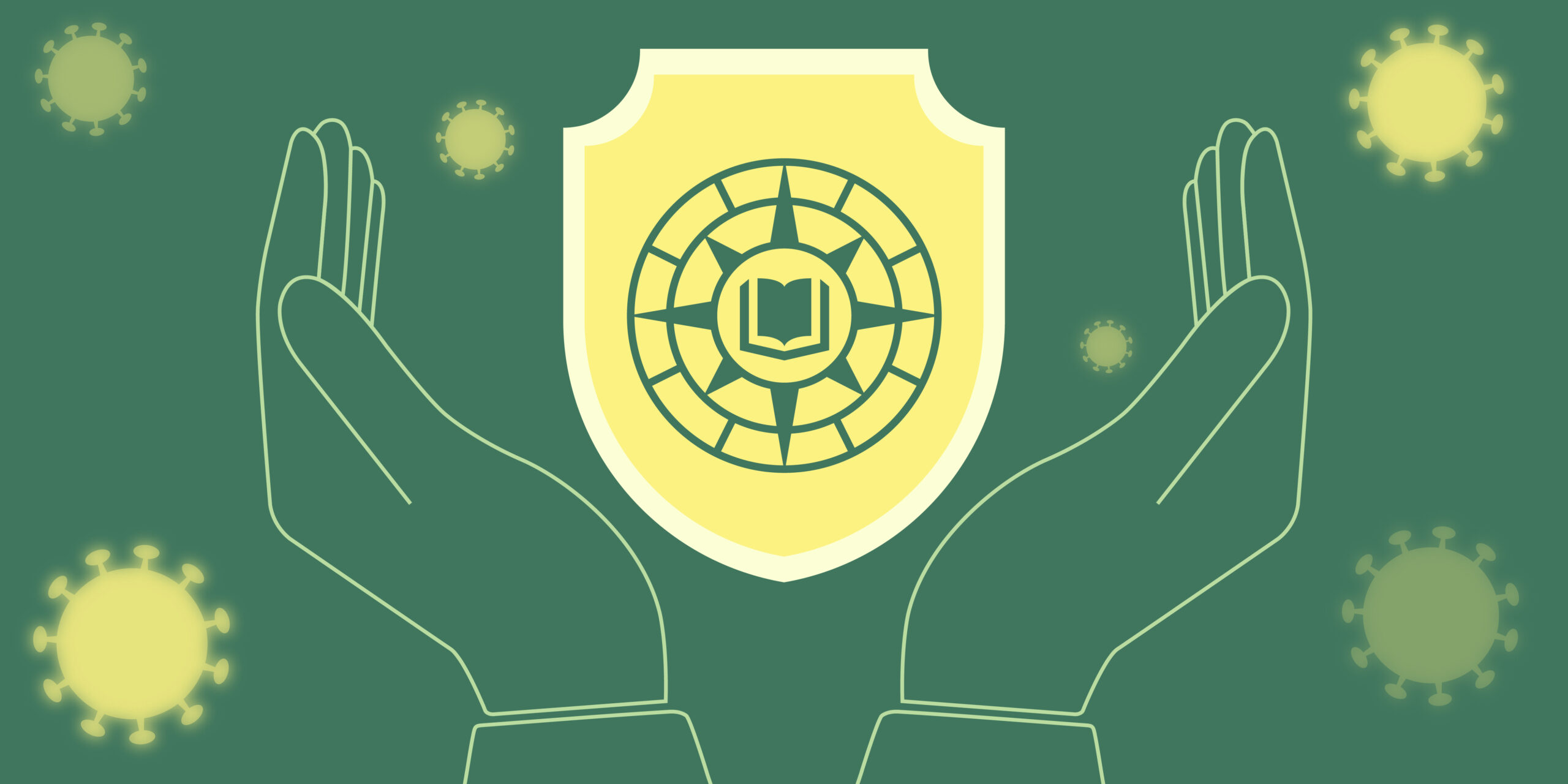
The following Paul & Daisy Soros Fellows are working to support patients, health care workers, and individuals most impacted by the crisis. Some are working in medicine and public health, while others are in science, law, and tech. All of them are immigrants and children of immigrants. We’ll continue to update this list.
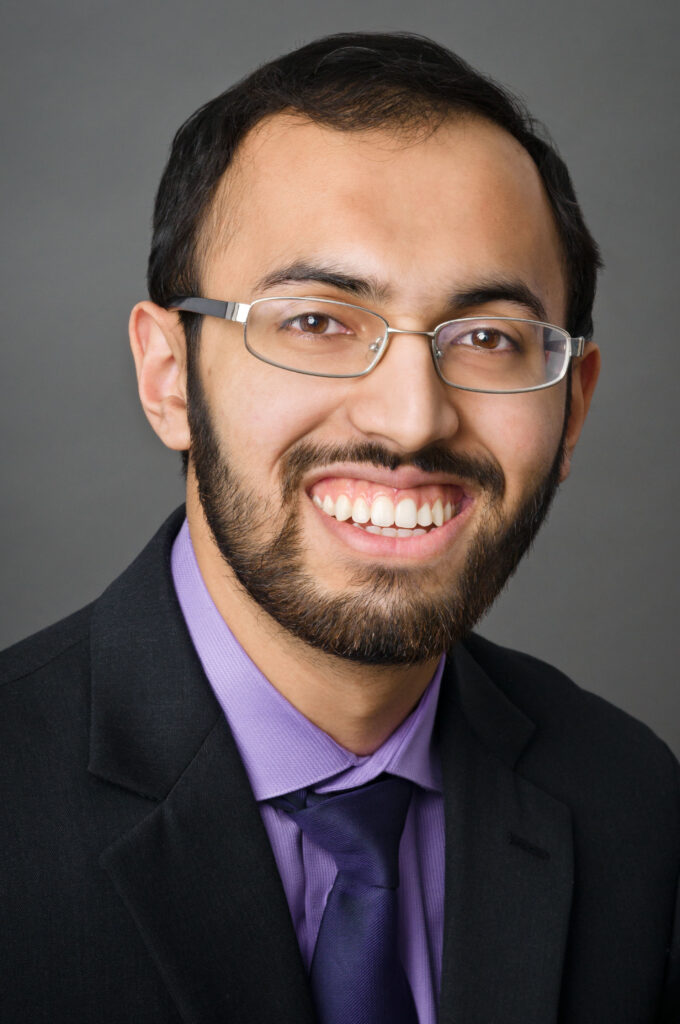
Abubakar Abid (2016 Fellow) has developed a website called FaceGuard, which is a free tool that anyone can use while spending time on their computer; they just need a connected camera. When the website is on, it will remind the user every time they touch their face. The goal is to help individuals touch their face less, which can help lower the transmission of COVID-19. Abubakar is an immigrant from Pakistan who grew up in Wisconsin and he’s a PhD student at Stanford University.
Omar Abudayyeh (2013 Fellow), a McGovern Fellow at MIT and principal investigator at the Abudayyeh-Gootenberg Lab, has transitioned his lab to build rapid diagnostics in response to the COVID-19 crisis. They are developing SHERLOCK, a CRISPR-based diagnostic platform, for at-home or point-of-care testing for COVID-19. Omar, the child of immigrants of Jordanian and Palestinian descent who completed his doctoral work in Feng Zhang’s lab at the Broad Institute of MIT and Harvard, explained that the test can be read out on a paper strip, similar to a pregnancy test strip, and the hope is that the test can be scaled and used throughout the country so that everyone can continually track their COVID-19 status. They’ve sent the COVID-19 kits to researchers around the world to aid with clinical validation and development.
Omar is also the co-founder of Sherlock Biosciences, which has teamed up with Cephied to develop a COVID-19 diagnostic.
“It has really been a privilege to be able to keep my lab at MIT open and directed toward trying to help end the crisis. While we’re not directly on the front lines like many of our health care colleagues, it is quite an honor to be able to take the work we’ve been developing over the past few years and apply it towards helping the world during these trying circumstances,” Omar explained.
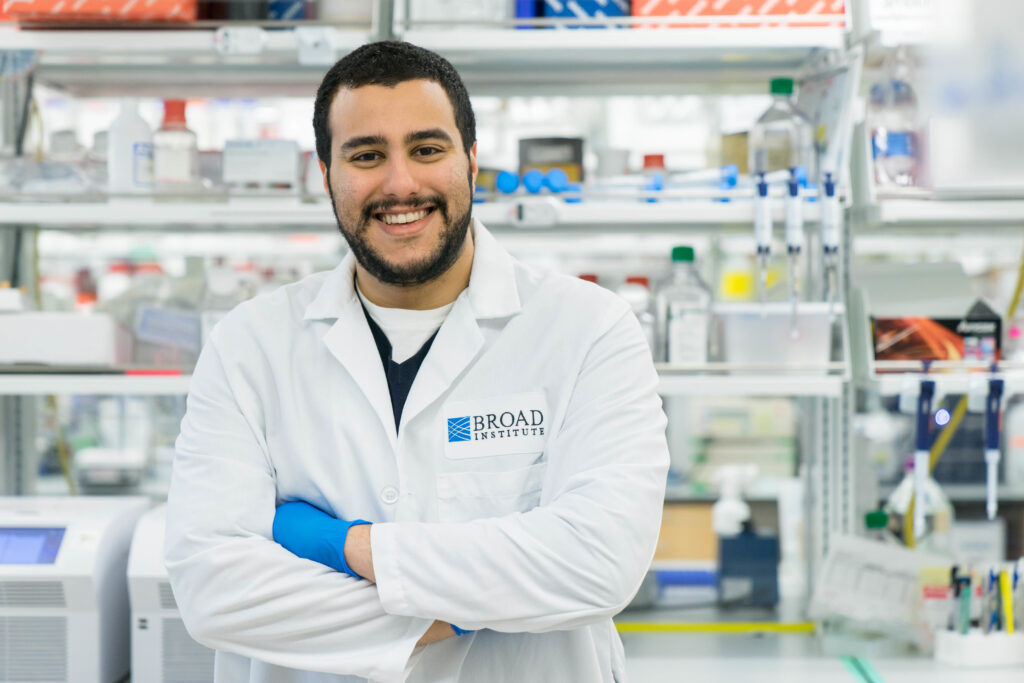
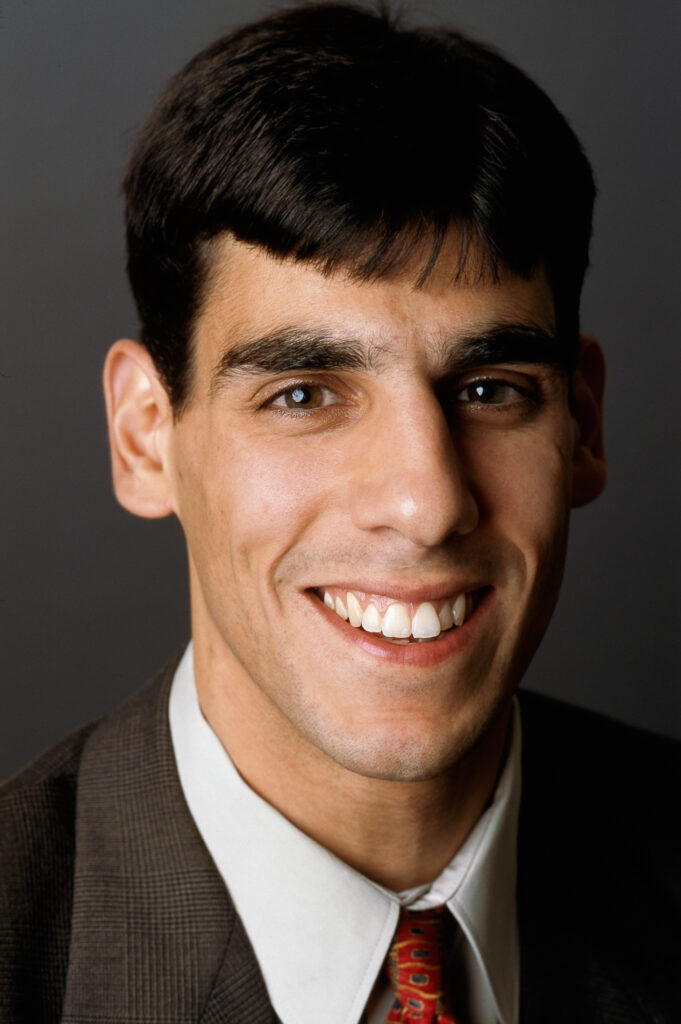
Ramy Arnaout (2001 Fellow), associate director of the Clinical Microbiology Laboratories at Beth Israel Deaconess Medical Center (BIDMC) led a multidisciplinary team to develop 3D printing technology to produce nasopharyngeal swabs for COVID-19 testing. Ramy, the child of immigrants of Lebanese descent, noted, “We now have swabs that we believe are workable from at least three manufacturers. I am cautiously optimistic that daily production of up to a million swabs will begin soon.”
Eva Bitrán (2013 Fellow), an immigrant from Mexico and a staff attorney at ACLU SoCal, has been working to make sure immigration detainees aren’t held incommunicado or isolated from their attorneys—who can get them out of detention—during the pandemic. Attorneys working with clients at the Adelanto ICE Processing Center have been required by ICE to wear specialized protective gear, which even hospitals are having a time acquiring, to visit with their clients, and ICE has not provided an alternative means of communications for attorneys and immigrants who are being held in detention; effectively taking away the right of those who are detained to meet with their attorneys. On March 26, 2020, the ACLU SoCal filed a temporary restraining order in US District Court in Los Angeles to ensure that ICE provides a means of private communication for those impacted by their new policy. “ICE and GEO have effectively shut off visitation for immigration detainees without providing an alternative, cutting them off from the outside world,” explained Eva Bitrán. “Unless the Court intervenes, detainees may be forced to proceed with their cases without confidential, accessible calls to their lawyers. The results could be devastating.” Once this emergency litigation wraps up Eva will join the ACLU SoCal’s team fighting for release of individuals in immigration detention.
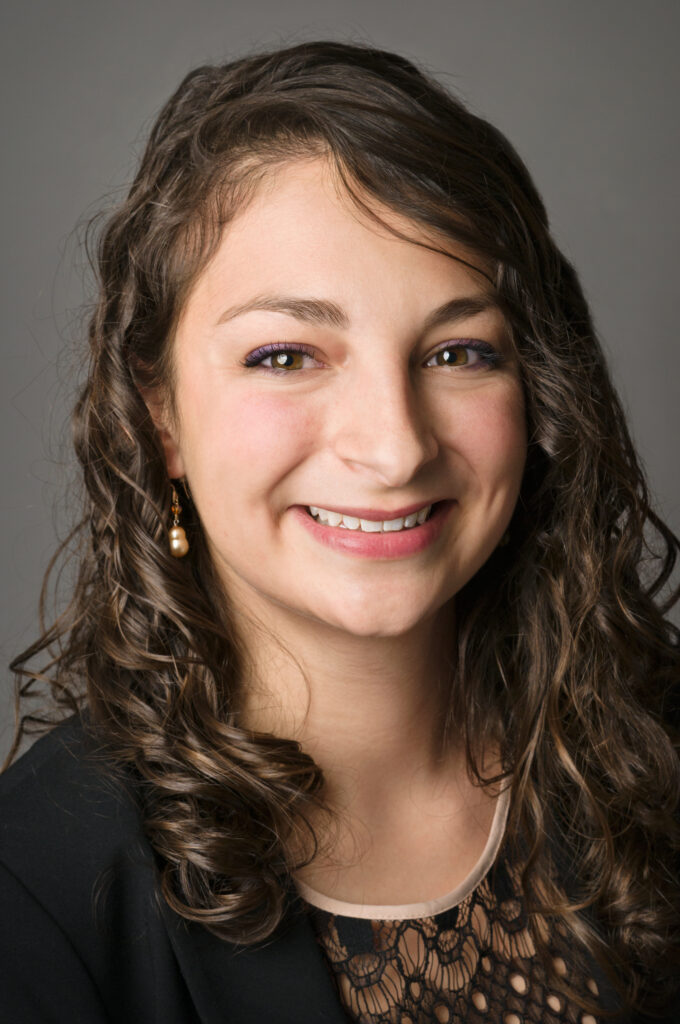
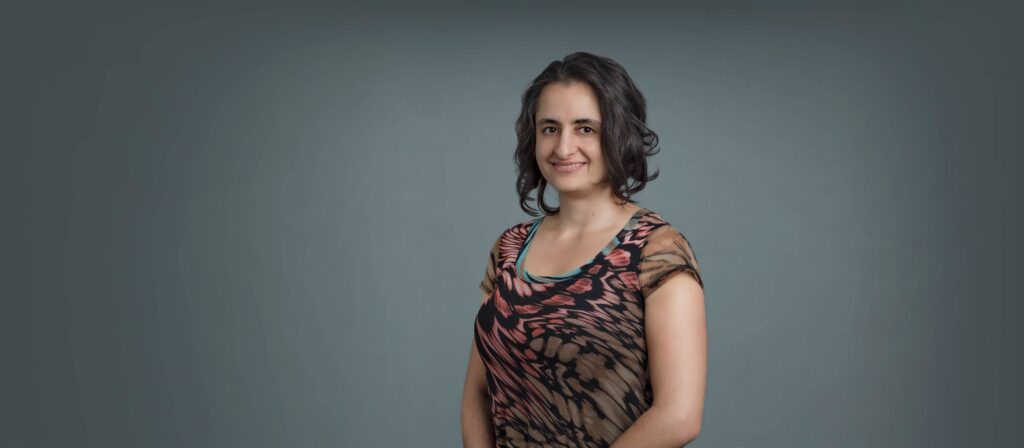
Anna Bershteyn (2006 Fellow), is the co-principal investigator on a multi-site clinical trial that is investigating how hydroxychloroquine might present COVID-19. Anna is an assistant professor of population health at the NYU Grossman School of Medicine. Full story here.
Anna was born in Kiev, Ukraine and immigrated with her family to California in 1989.
Allison Binns (2003 Fellow), the child of immigrants from Jamaica, is the executive director for global sustainability research at Morgan Stanley and the president of the board of the Poetry Society of America.
At Morgan Stanley, Allison and her colleagues started an initiative called Fueling the Frontline: NYP/Columbia & Beyond to support area hospitals. The initiative, calls hospitals and asks what they need and do their best to fulfill the requests. They started with coffee and grab-and-go-snacks, but are now on to purchasing refrigerators for the ER staffs and recently ordered 2,500 N95 respirators for the staff at Elmhurst Hospital. Today, two colleagues, using safety measures, delivered $8,000 in supplies to five hospitals in Brooklyn, Queens, and the Bronx.
Meanwhile, the Poetry Society of America, has started a new daily series, Reading in the Dark, where poets discuss the poems that give them comfort in particularly dark times. They’ve also expanded their Poems on Wheels initiative which inserts poem cards into Meals on Wheels deliveries. They will print 300,000 cards for meal deliveries during the lockdown.
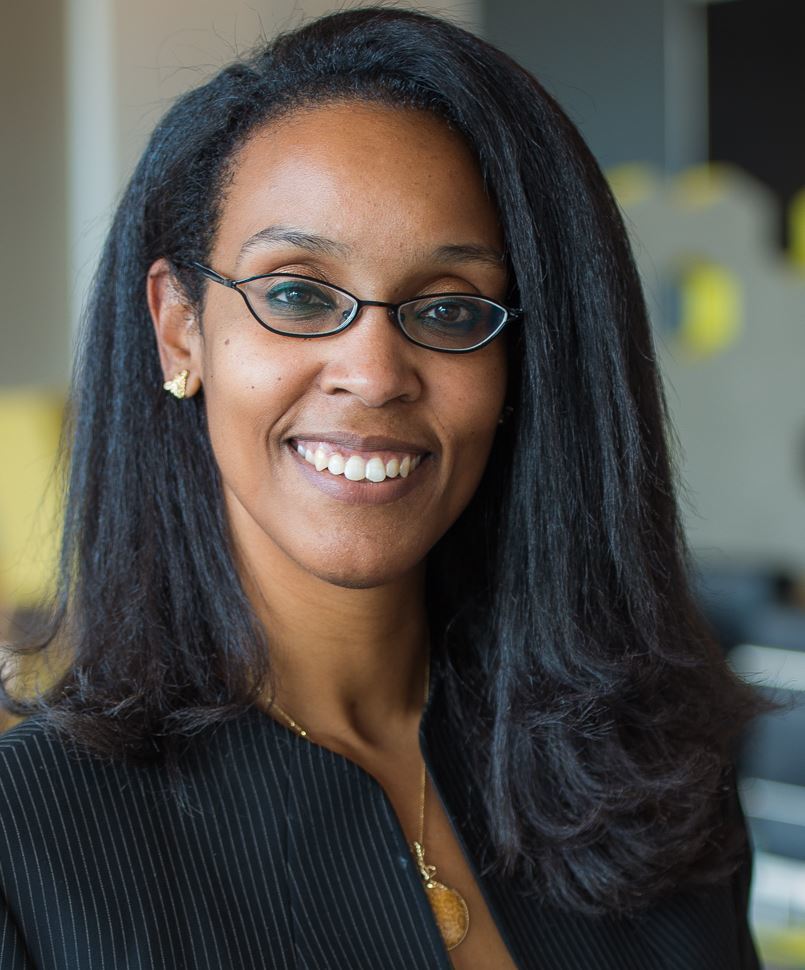
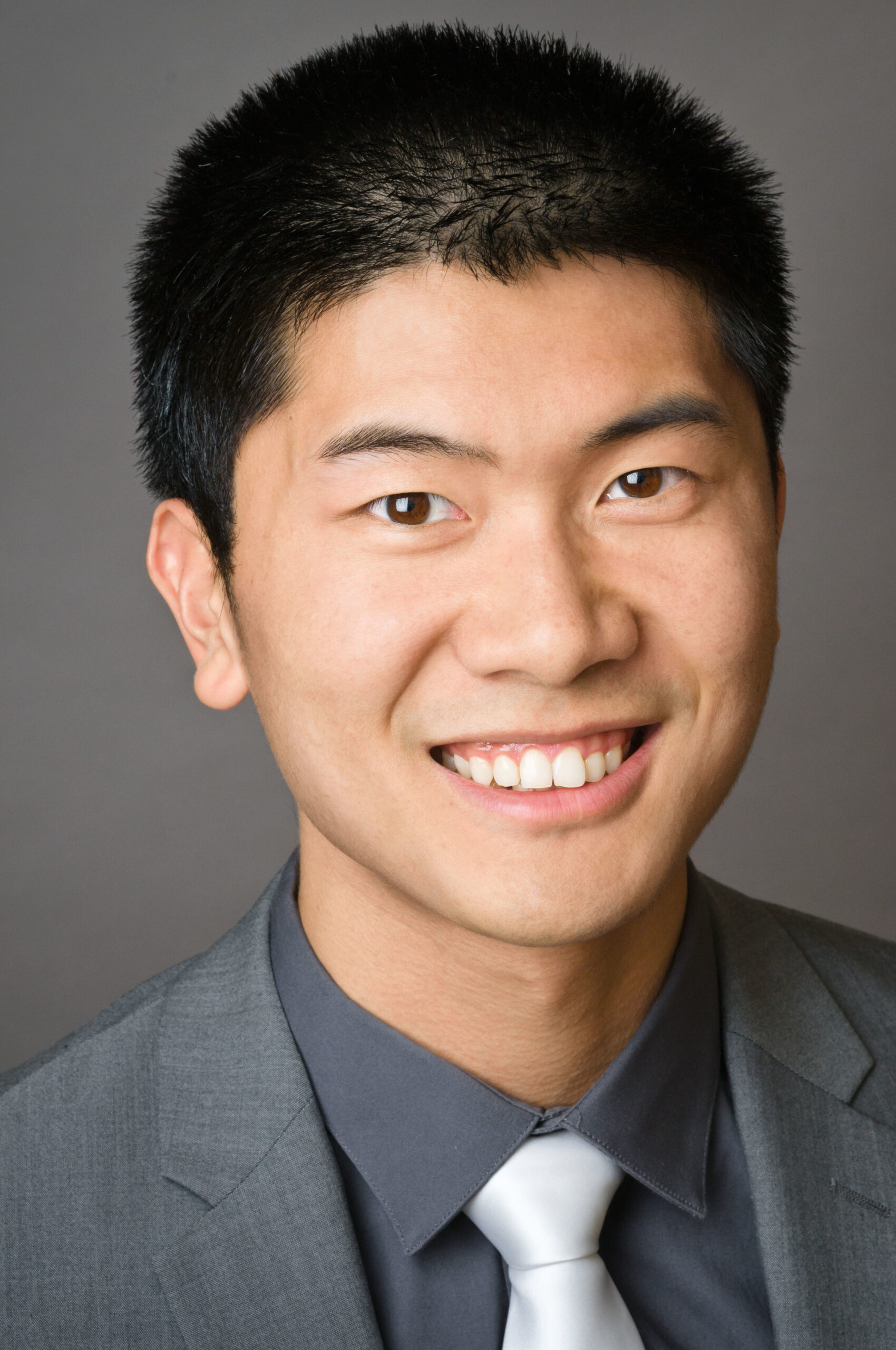
Binbin Chen (2016 Fellow) has co-developed a long-term initiative called Next Pandemic, with the goal of helping the country prepare for the next pandemic. The website explains, “By putting general purpose sample collecting kits into the homes of millions of Americans and stockpiling critical testing reagents, we can test much more rapidly when the next pandemic comes.” Binbin is an immigrant from China and a current MD/PhD student at Stanford University.
Du Cheng (2016 Fellow), an immigrant from China, is an MD/PhD student at Weill Cornell Medicine and the founder and CEO of iDu Optics. Du has been working around the clock from his warehouse in Virginia to produce 3D-printed face shields, and developing telemedicine devices for Weill Cornell Medicine in New York, and other local health workers.
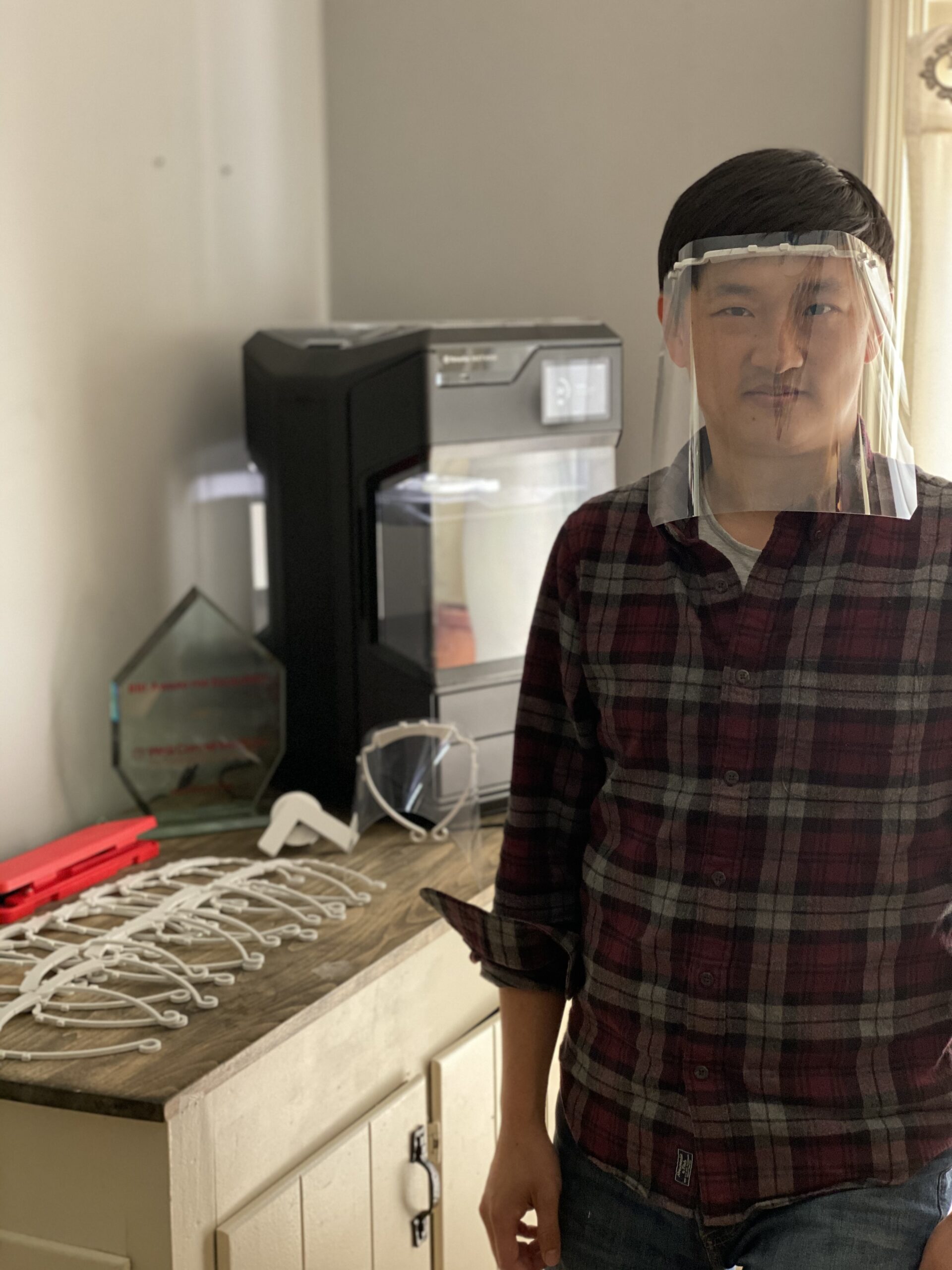
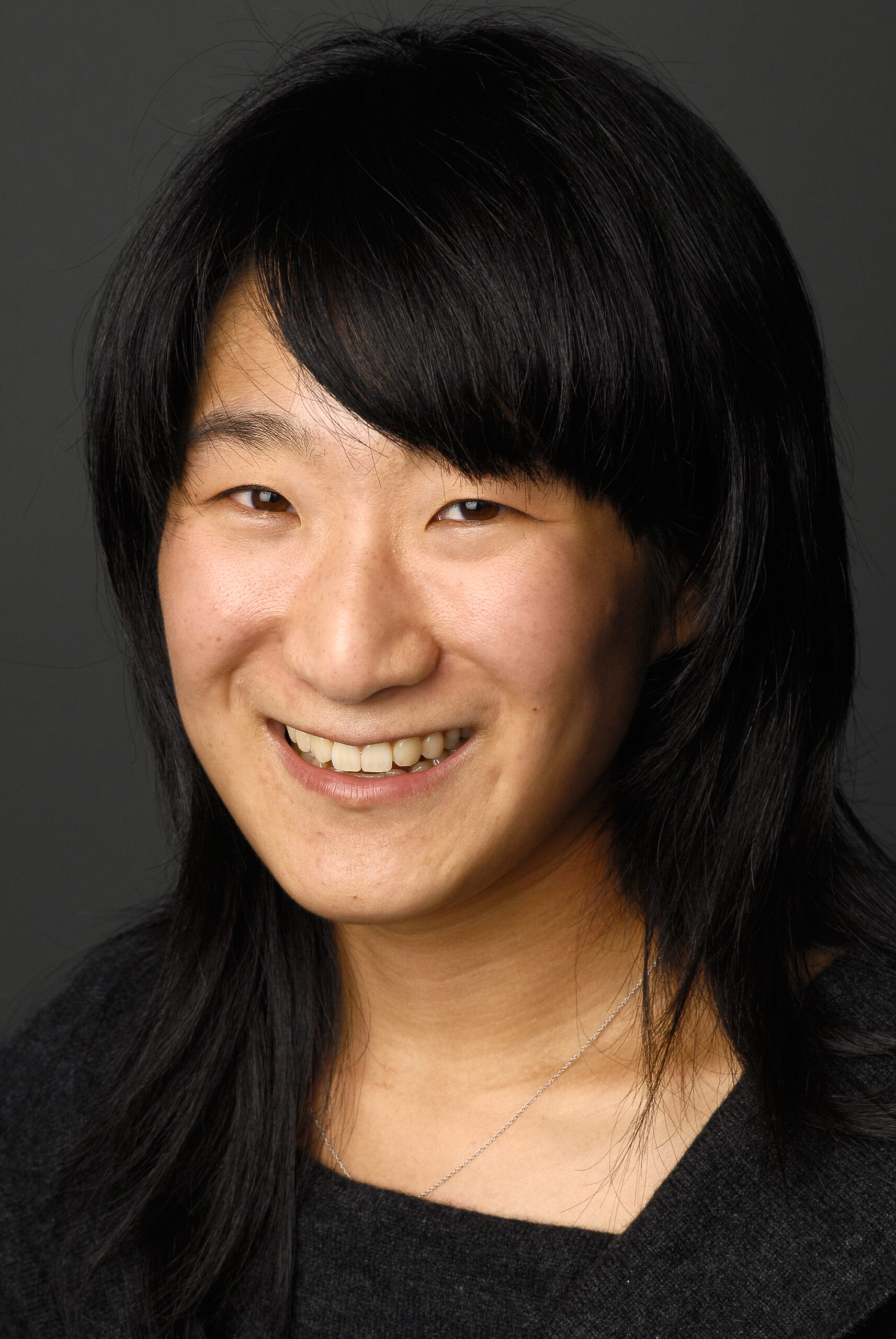
Eunice Cho (2007 Fellow), is working to support immigrant detainees during the COVID-19 crisis. She is the senior staff attorney with the ACLU National Prison Project and she’s leading the organization’s litigation work on this issue. She told The Hill, “We know that as our medical experts have said, it’s not a question of if, but when COVID actually reaches the facility. And the danger is what happens once a COVID is inside of the facility. I think we all can see the danger that would happen in that case — people are in congregate environments in these detention centers.” Eunice was born in Urbana, Illinois in 1978 to parents from Korea who are naturalized US citizens. Her family resides in Tempe, Arizona.
Nusrat Choudhury (2004 Fellow), is the legal director at ACLU of Illinois and the child of immigrants from Bangladesh. Nusrat is leading the ACLU of Illinois’s team of litigators working to protect civil rights and civil liberties as communities across Illinois grapple with the COVID-19 pandemic, including by advocating for the rights of immigrants, people with disabilities, and people in prisons and jails.
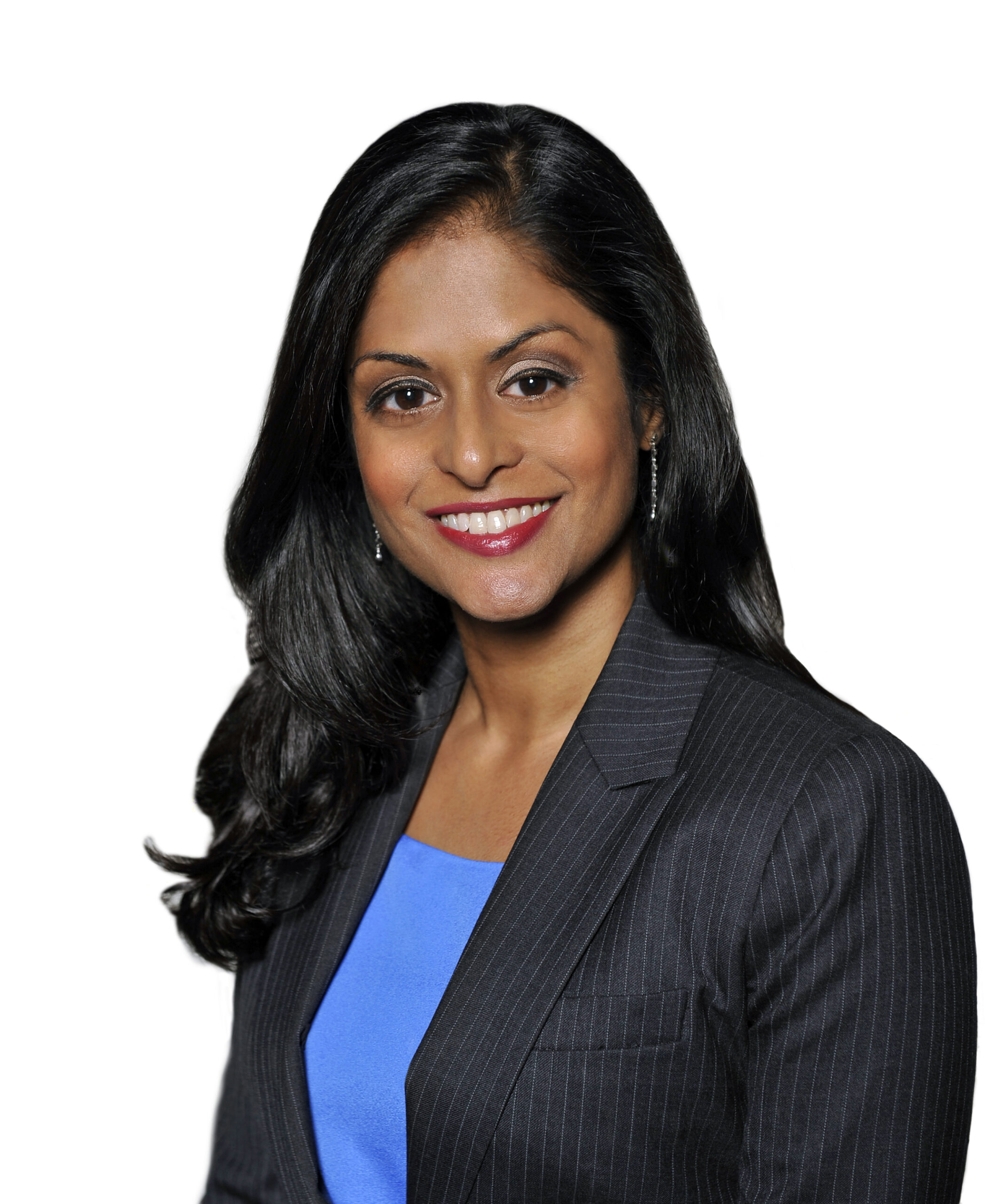
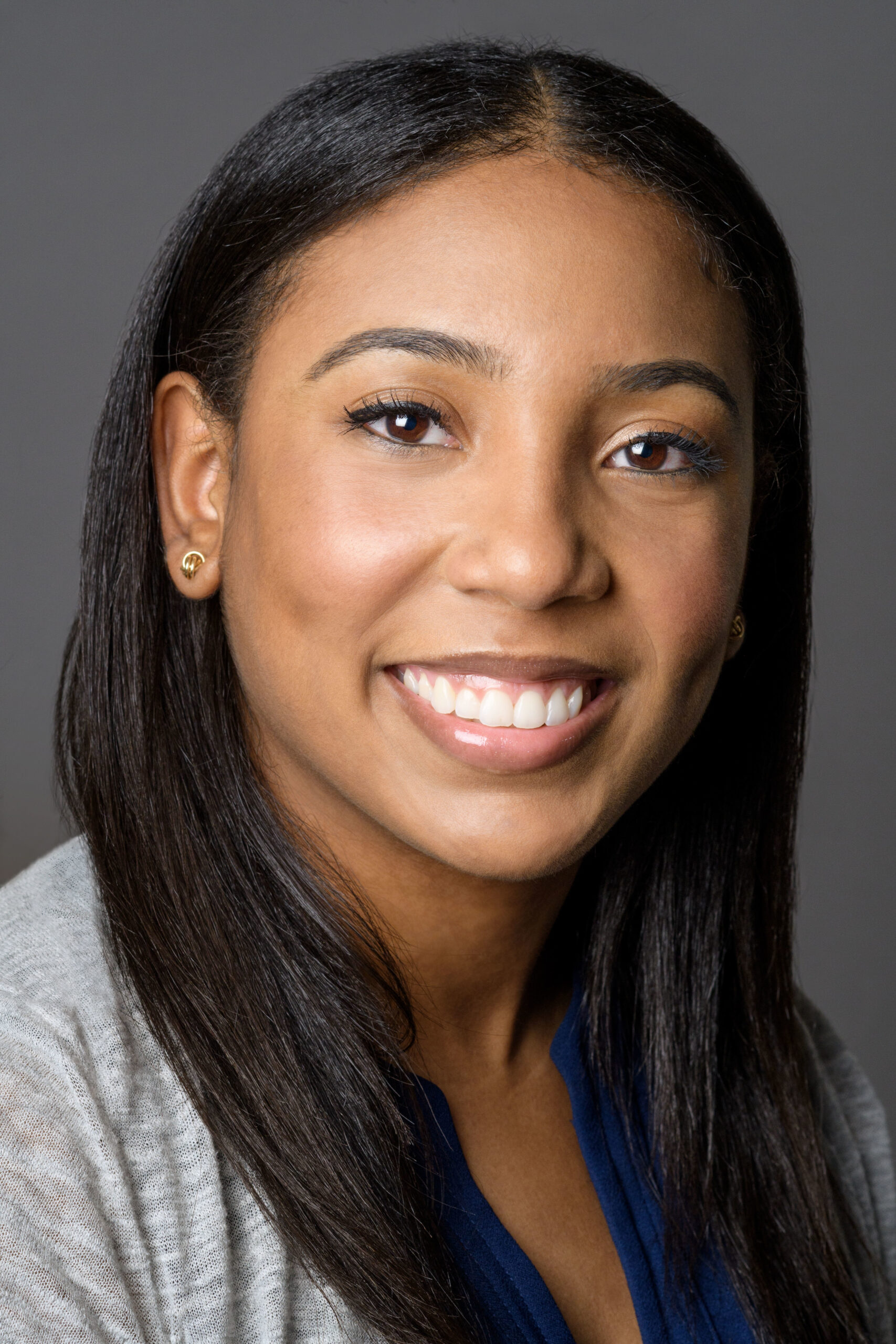
Wendy De La Rosa (2018 Fellow), is an immigrant from the Dominican Republic and a PhD student in consumer behavior at Stanford University. Wendy is focused on helping individuals save money and develop long-term healthy habits related to their finances. “As millions of people became unemployed due to COVID-19, access to food benefits is as important as ever,” Wendy explained. “I am working with Code for America to help make the process for applying for CalFresh (e.g., food stamps) in California easier. This work has helped to shed light on how many hurdles low-income people need to jump through in order to get the benefits they need.
Christian Fung (1998 Fellow), an immigrant from Hong Kong, is a senior advisor to the Presidential Initiative Prosper Africa. He is the point of contact within the Initiative tasked by the National Security Council to investigate African preparedness to COVID-19, including assessing capacity of African domestic manufacturers to produce PPE, drugs, test kits and ventilators; determining the amount of United States Government (USG) resources needed to support the private and public sector for a robust response; and coordinating the USG role in Africa, namely with FEMA, the State Department, the Department of Commerce, and Health & Human Services, including the Centers for Disease Control and Prevention.
“I understand the focus on the response in the US at this critical time, But the disease obviously knows no boundary, and it is shifting quickly to resource poor countries in Africa where basic health infrastructure could not even respond to normal cycle of mortality and morbidity,” Christian explained.
“The African governments are well aware of the danger and the Africa Union has repeatedly call of external assistance. This is the coordinated response to Africa from the US administration on how the USG could best play a global leadership role in Africa and to alleviate anticipated sufferings.”
Christian recently returned to Washington, DC after a more than 12-year tenure in Africa.
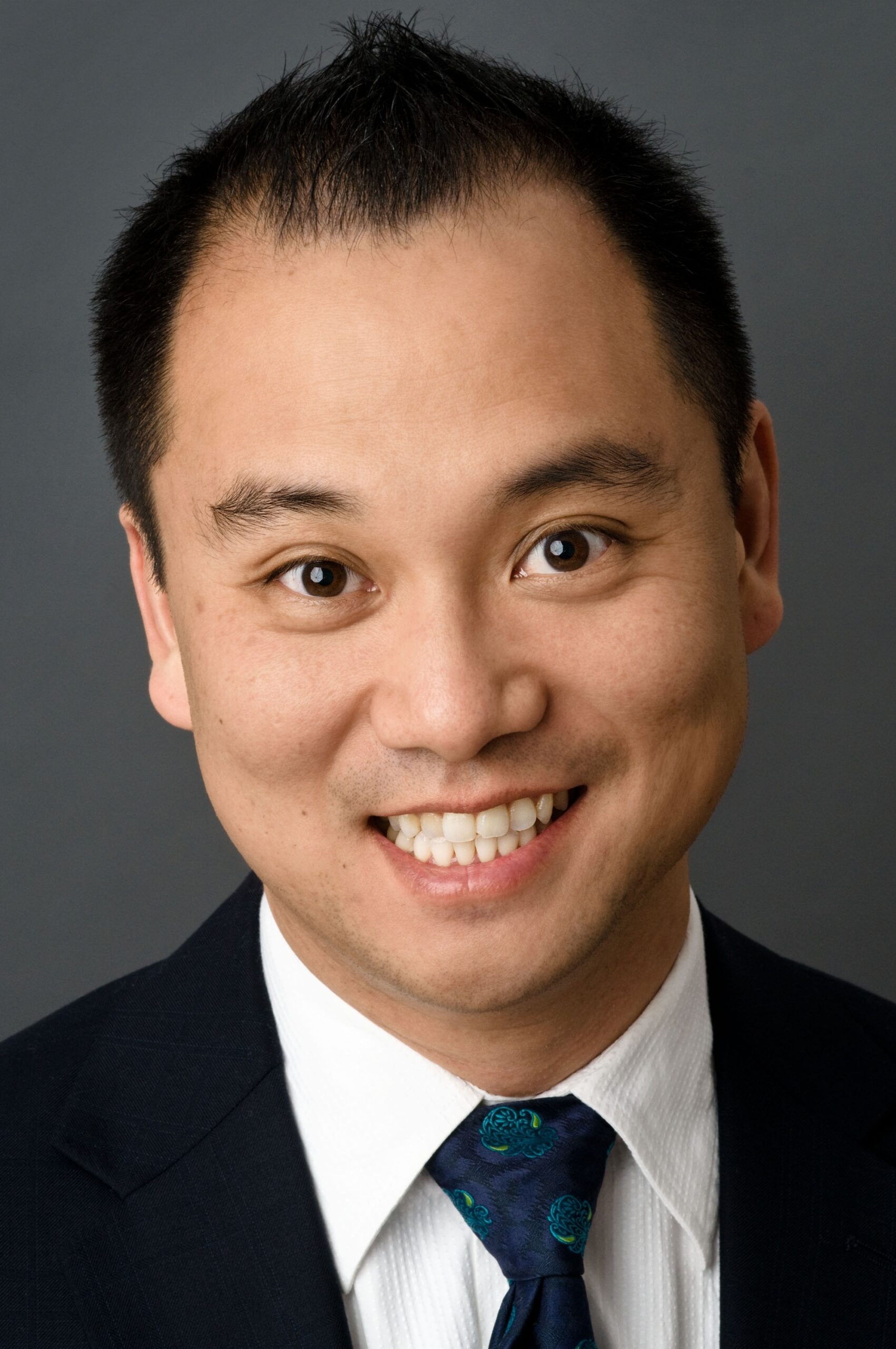
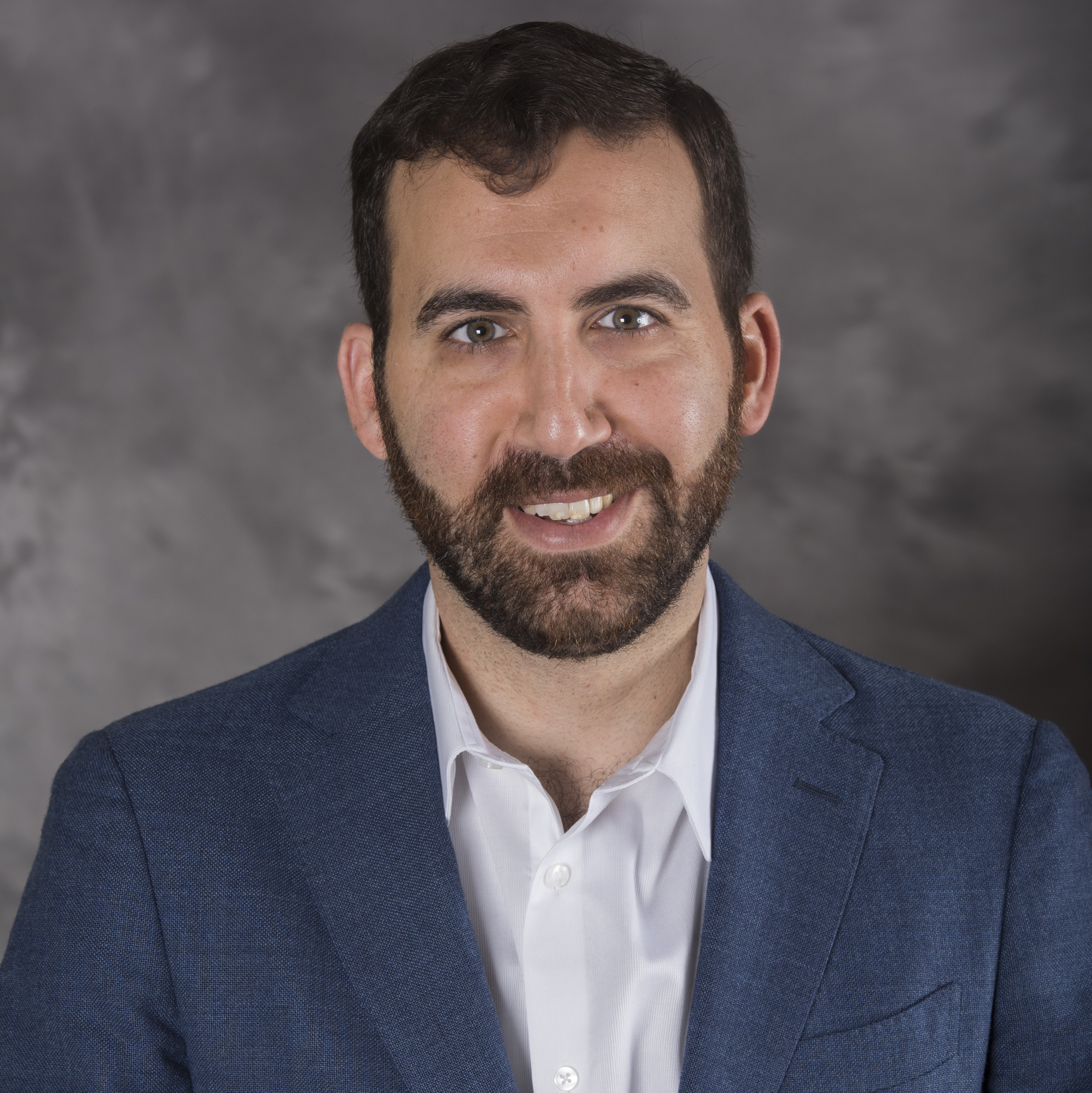
Tarek Ghani (2010 Fellow), is the chief economist and program director for the Future of Conflict program at the International Crisis Group, which is using research to support the fight against COVID-19, specifically the many ways the pandemic may impact peace and security issues. As chief economist, Tarek contributed to the organization’s recent briefing, The Covid-19 Pandemic and Deadly Conflict, and he’ll be working on their follow-up efforts on the topic, which touch a growing range of countries. Tarek is the child of immigrants from Afghanistan and Lebanon.
Natalie Guo (2019 Fellow) got to work quickly as COVID-19 arrived in the United States. As a MD/MBA student at Harvard, Natalie saw both the need to support health care workers on the front lines and restaurant workers who had lost their job. She started Off Their Plate, a non-profit that funds restaurants to make fresh meals for health care workers. They’ve already gone national and raised hundreds of thousands of dollars for the effort. Natalie is an immigrant from China and Sweden.
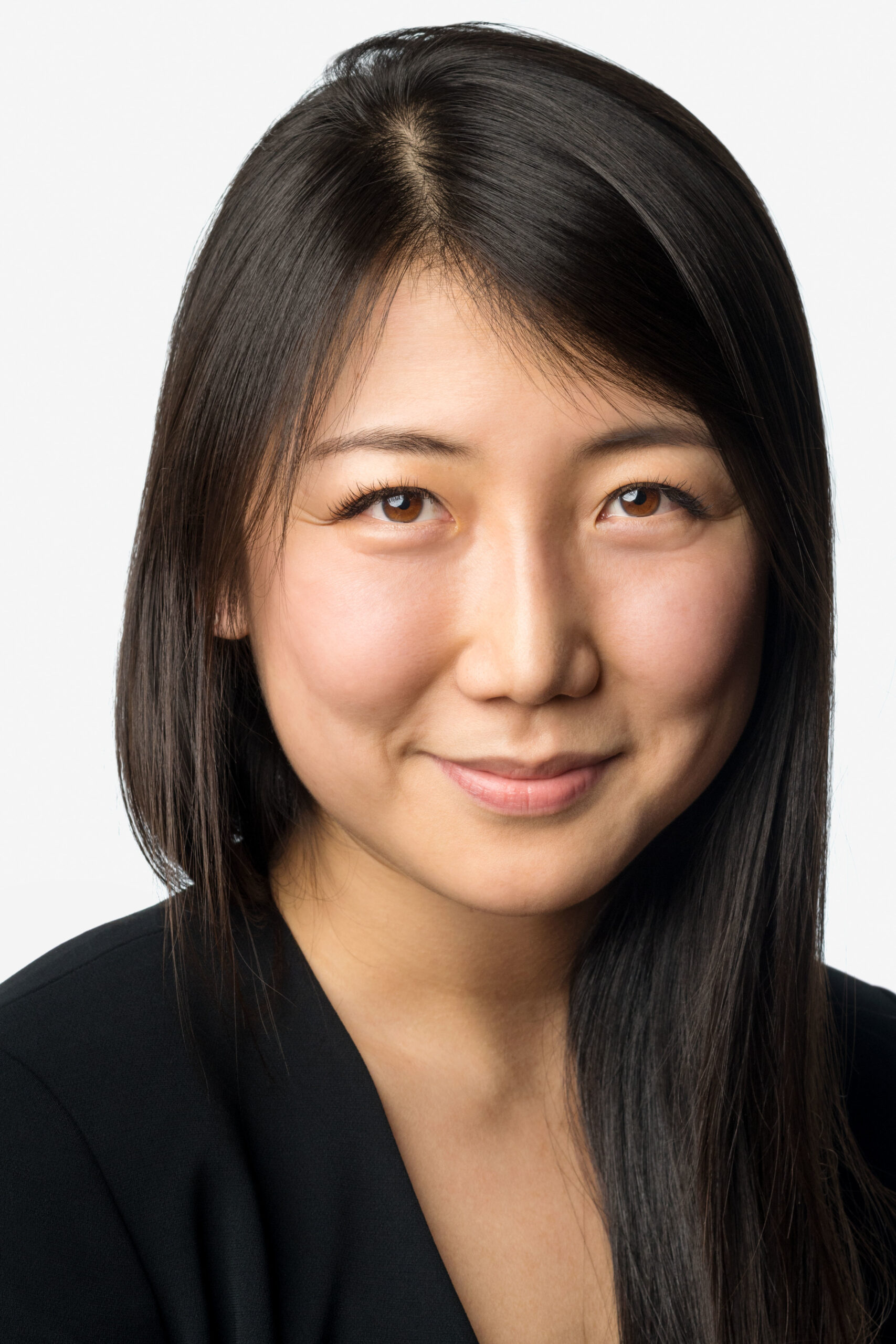
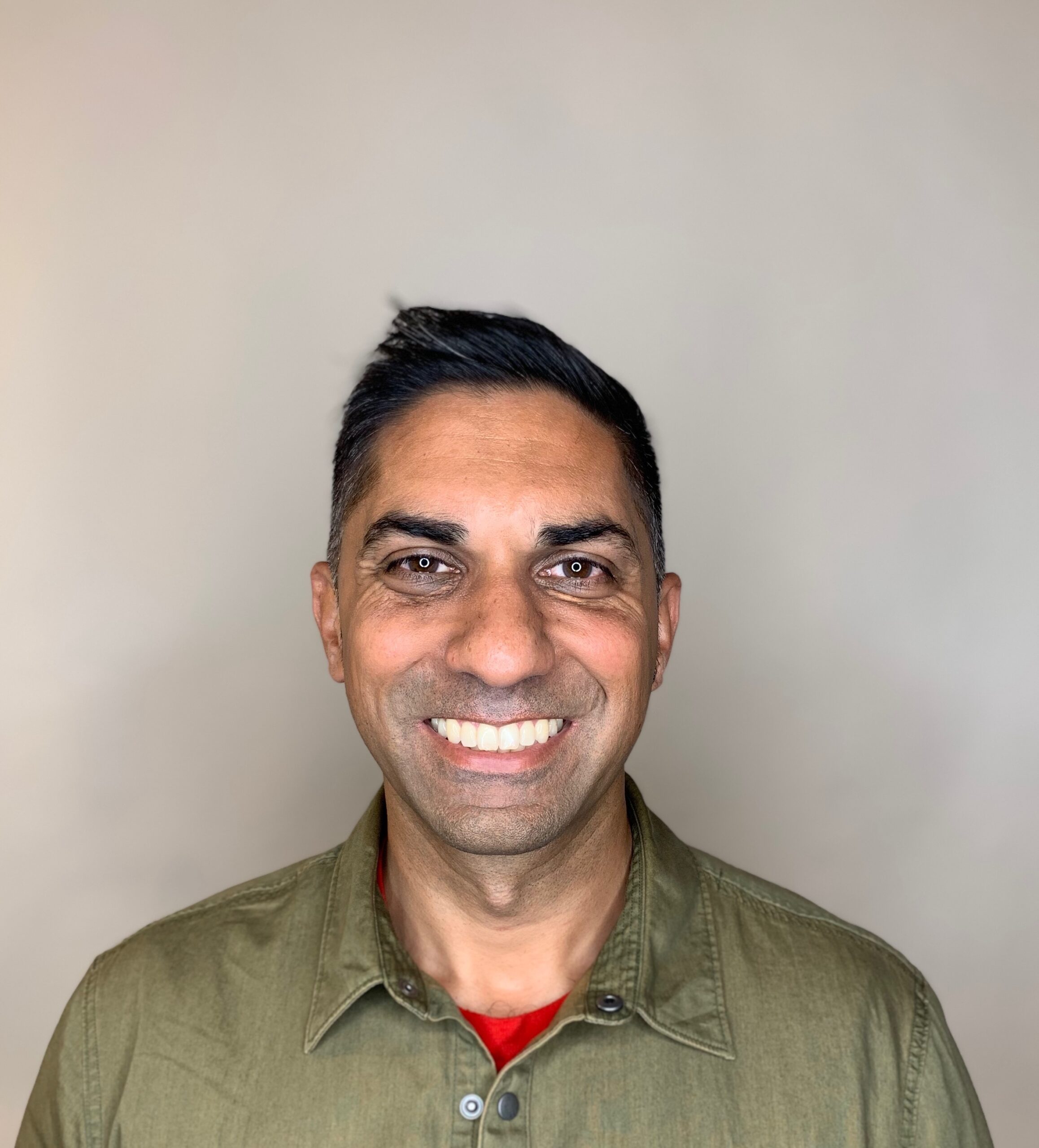
Rajesh Gupta (2005 Fellow), the child of immigrants from India, is the head of the global health portfolio at Vir Biotechnology, where he has oversight over several development programs in HIV, TB, and malaria, among others. Rajesh is helping to lead the organization’s efforts in developing multiple technologies to address COVID-19, and they anticipate starting clinical testing with their monoclonal antibodies very soon.
Anika Singh Lemar (2002 Fellow) is a Yale Law School Clinical Associate Professor of Law and has been working with students to support local New Haven businesses and nonprofits who have been impacted by COVID-19 and may need legal representation. Anika teaches the Community and Economic Development clinic (CED) and has been building off of the Clinic’s pre-existing connections and resources for this effort. Student volunteers are able to informally talk with the businesses and nonprofits in the network, research the issues that are impacting them, and then offer free legal serves to those who need it most. “This pandemic is revealing so many of the ways that our economic resources, including small business financing and legal services, are made inaccessible to the poor and the precarious middle class,” she told Yale Law News. “We hope to do our small part to address those inequities.”
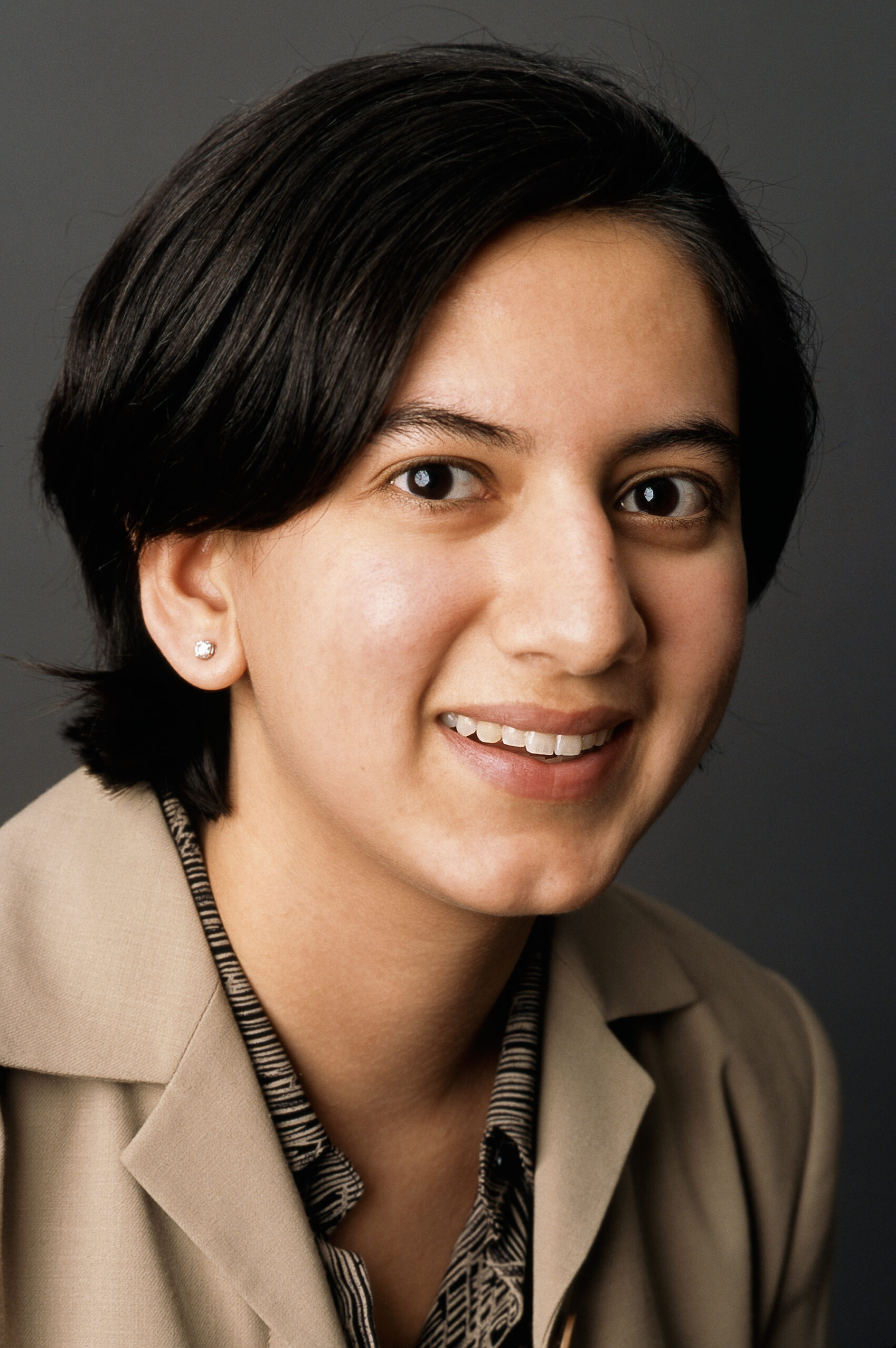
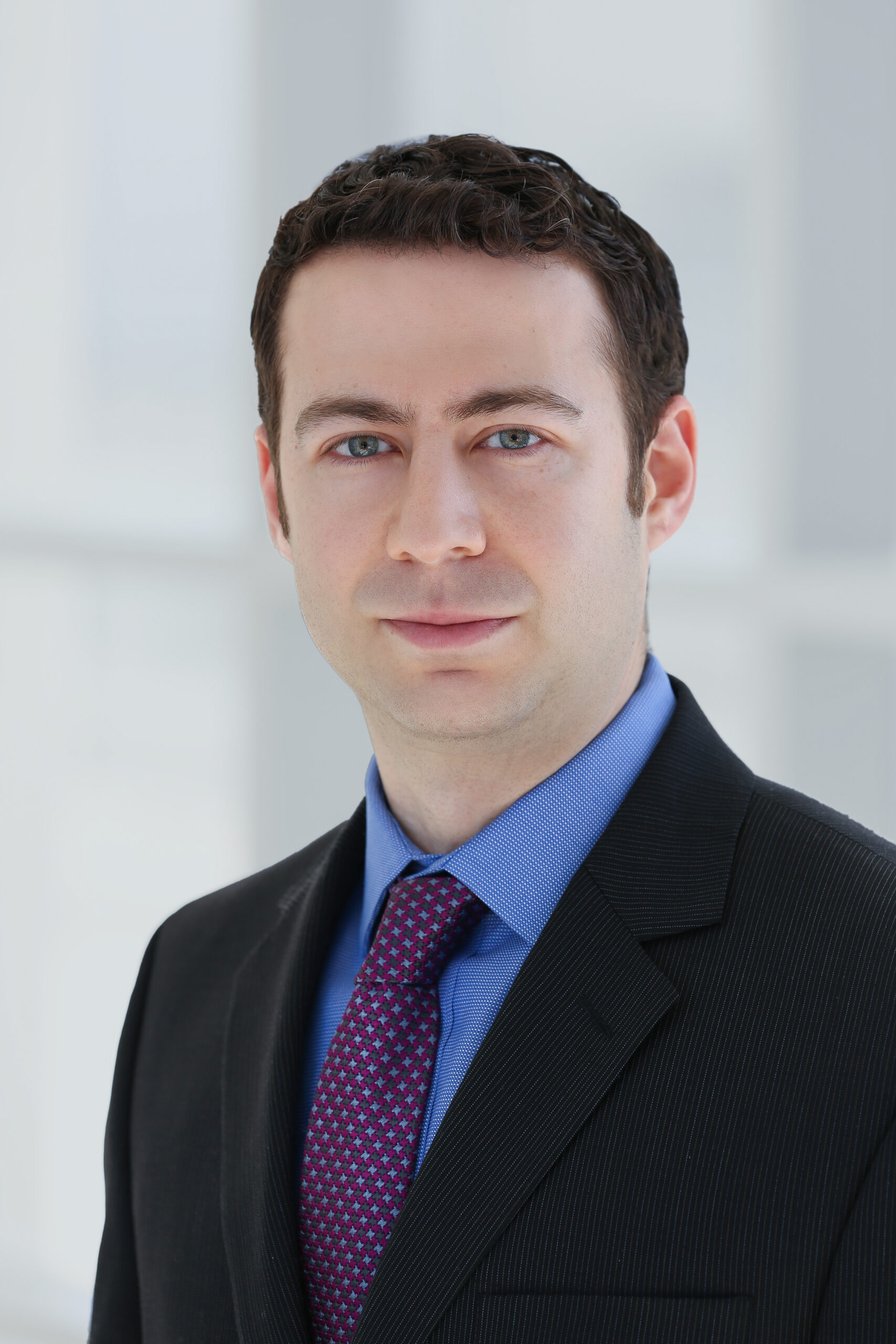
Allon Kedem (2004 Fellow), a partner in Appellate & Supreme Court practice in the DC office of Arnold & Porter, is working on his firm’s project to help those in the hospitality industry who’ve been affected by the COVID-19 pandemic to access unemployment insurance and other public benefits. Allon, the child of immigrants from Romania and Israel, has been counseling workers who have recently been laid off, had their hours cut, or have otherwise been affected.
“It’s not the heroic work of healthcare providers or others who, despite the serious personal risks, are delivering critical services at this time”, Allon said. “But it’s one small way that we can help some of those hardest hit.”
Anyone in the DC metro area seeking assistance should get in touch at RequestBenefitsAssistanceDC (at) arnoldporter.com.
Neysun Mahboubi (2000 Fellow), organized an online symposium for The Regulatory Review, which is published by the Penn Program on Regulation, on what the crisis reveals about administrative law and regulatory issues in countries around the world. The series included 40 essays, including Neysun’s, and well over 25 country case studies. A selection of these essays were later published in expanded form in the Administrative Law Review, published by American University Washington College of Law.
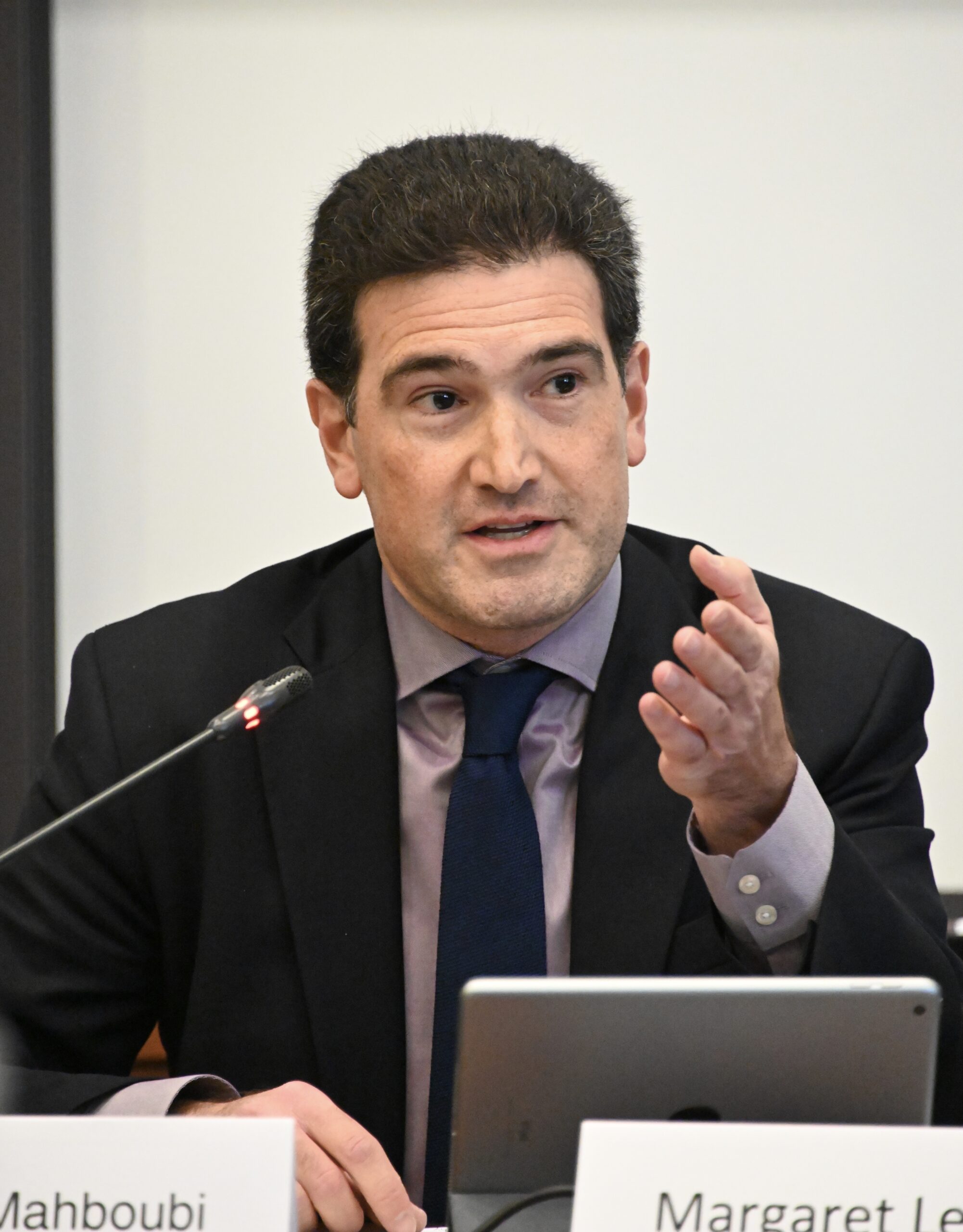
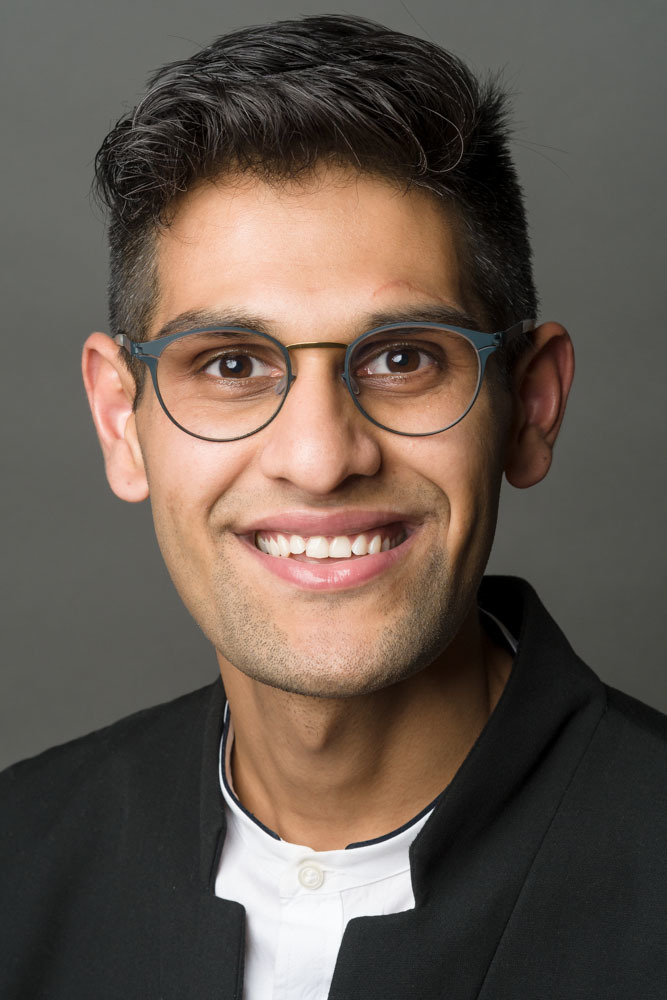
Aseem Mehta (2018 Fellow), a third year Yale Law School student and the child of immigrants from India, has been working on litigating a class action suit seeking the release of all immigrants in ICE custody at the largest detention facility in Massachusetts because of COVID-19 and the unsafe conditions there. Aseem explained, “Folks inside jails, prisons and detention centers have always organized against the danger and brutality that is inherent to incarceration. Their organizing is as urgent as ever in the midst of COVID-19. No one should be locked up in a cage, not now, not ever. I hope this moment accelerates our collective commitment to ending the practice of caging one another and taking seriously our responsibility to care for each other.”
Roxana Moussavian (2017 Fellow), the child of immigrants from Iran, is an immigration attorney at Pangea Legal Services in San Francisco. “I am trying to work with immigrants who ICE is detaining to try to help them get out of detention. I am one of many attorneys working with clients right now to prepare habeas petitions to get them out of ICE detention,” Roxana explained. “This week, a federal court ordered the release of an 82 year old client I help support, who has significant medical complications. This work is only possible because of amazing partnerships with doctors who are volunteering their time—outside of the ER—to write expert declarations speaking to the risks of incarceration in the wake of COVID-19.”
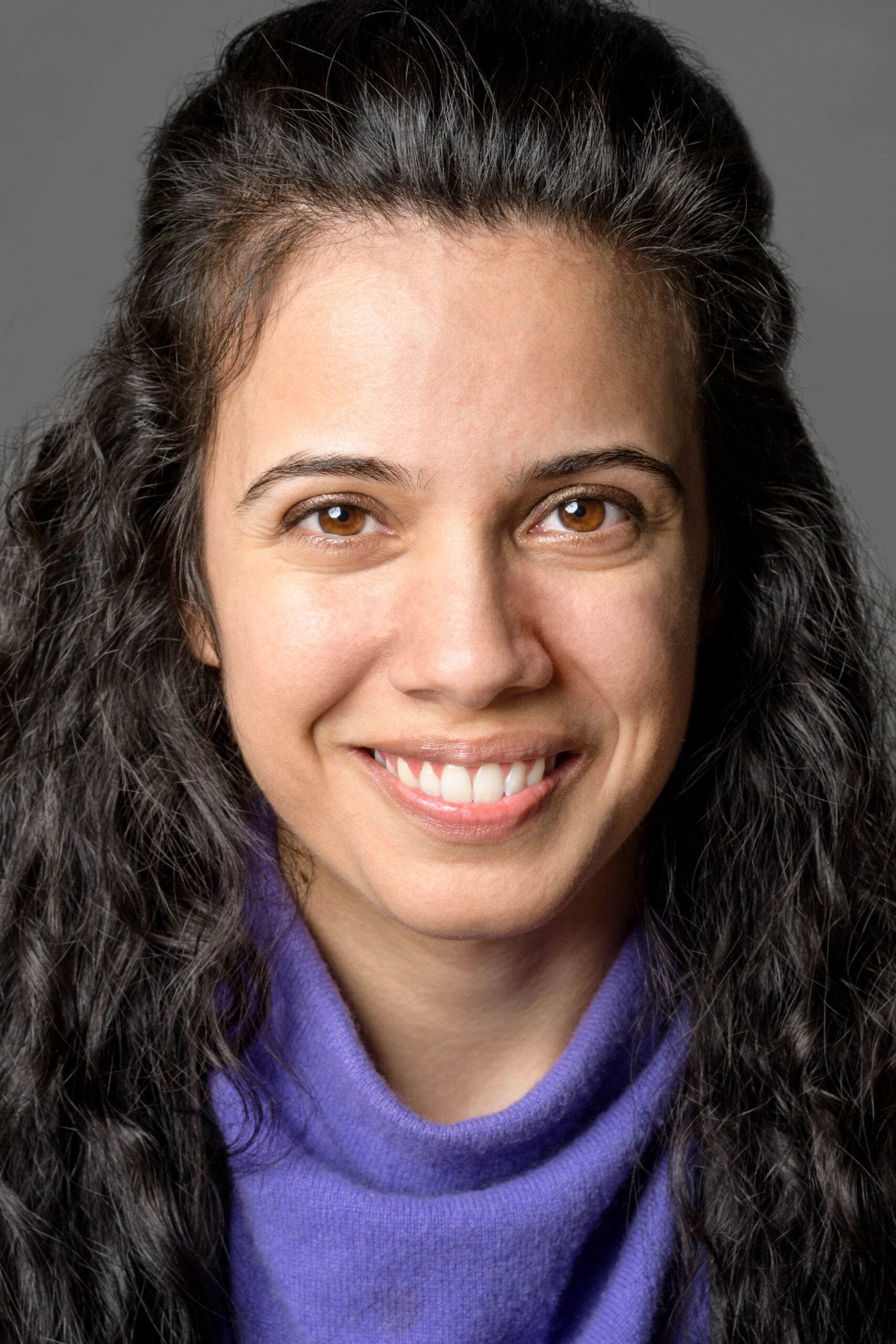
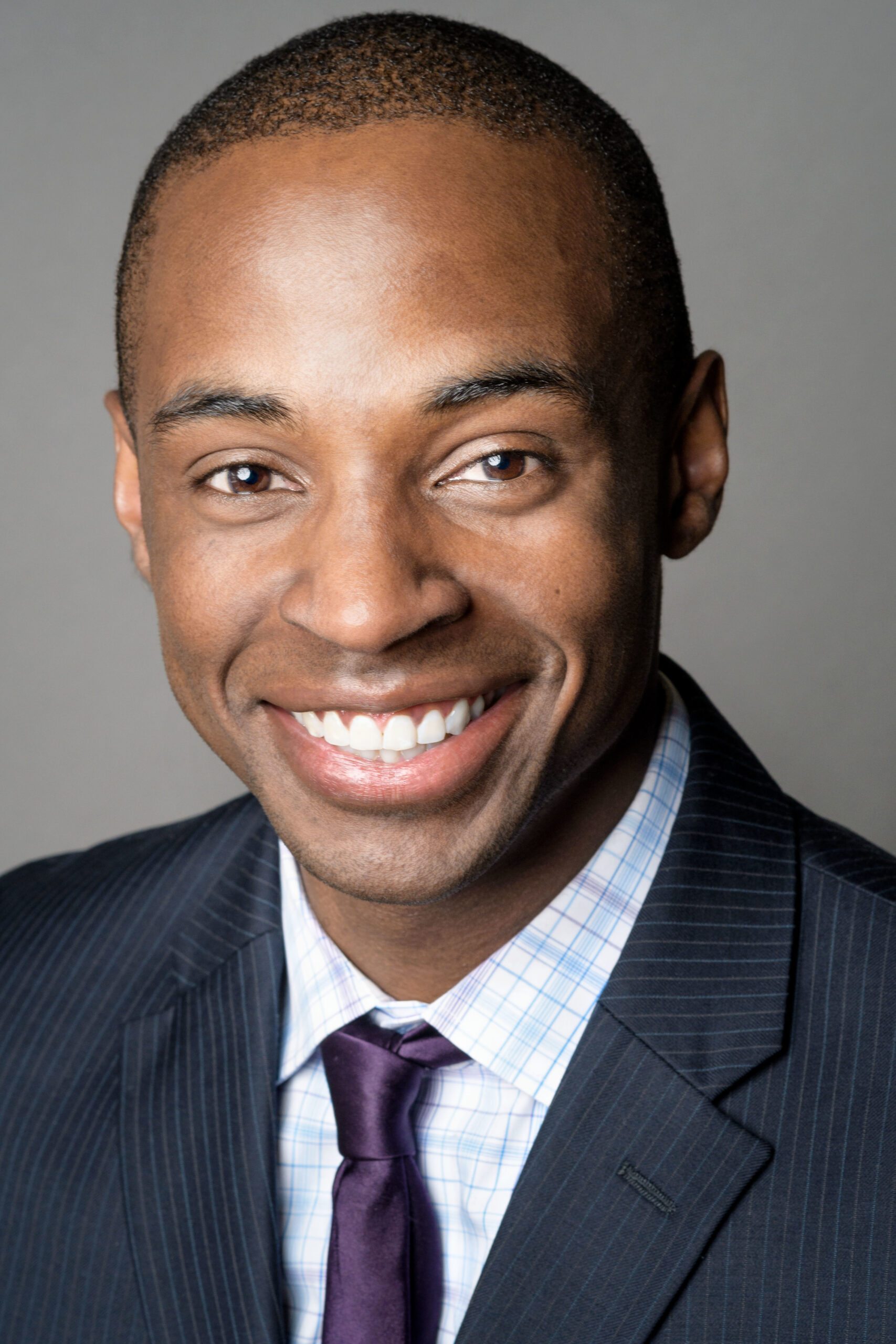
Uzoma Orchingwa (2017 Fellow), the child of immigrants from Nigeria, is the co-founder of Ameelio, a new technology non-profit focused on the prison system that is offering families a free service to send letters and photos to their loved ones who are incarcerated. Ameelio allows users to write letters, upload photos from their photos, and send them with the click of a button. Better yet, they can track their letter so that they know when the recipient should receive it. “We pushed up our launch as we saw the effects that COVID-19 was having on incarcerated individuals and their families. Prison visits are being curtailed across the country, and in some cases phone conversations are being limited to 10 minutes. We knew we could make a difference for many families, “Gabriel Saruhashi, Uzoma’s fellow co-founder explained.
Vivek Ramaswamy‘s (2011 Fellow) Roivant Sciences announced in March that it is working with regulators in the United States and around the world to advance the clinical development of Gimsilumab, an anti-body that could prevent and treat acute respiratory distress syndrome (ARDS), which has been widely connected to the COVID-19 virus. Vivek Ramaswamy, the child of immigrants from India, is the CEO and founder of Roivant Sciences.
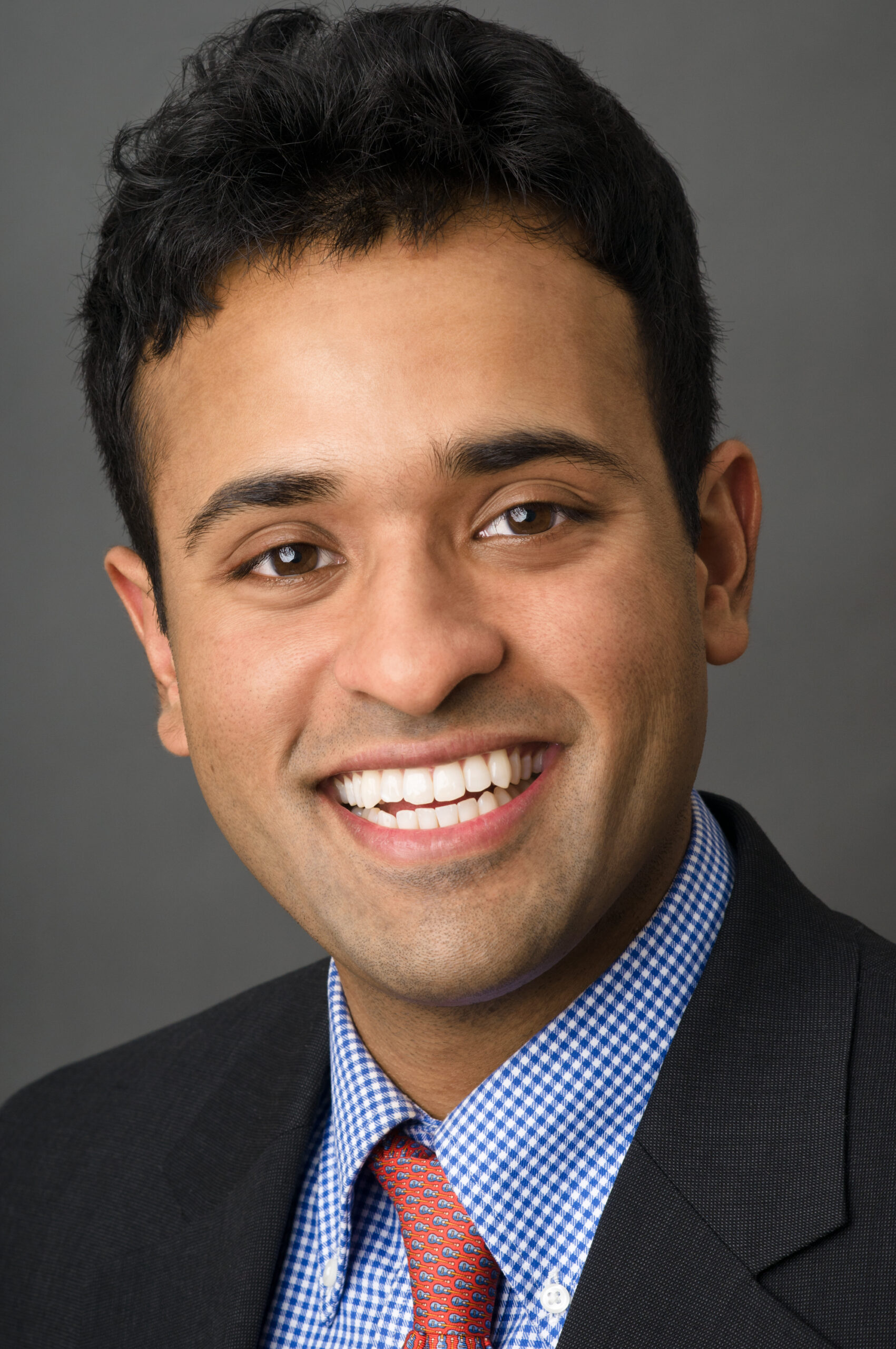
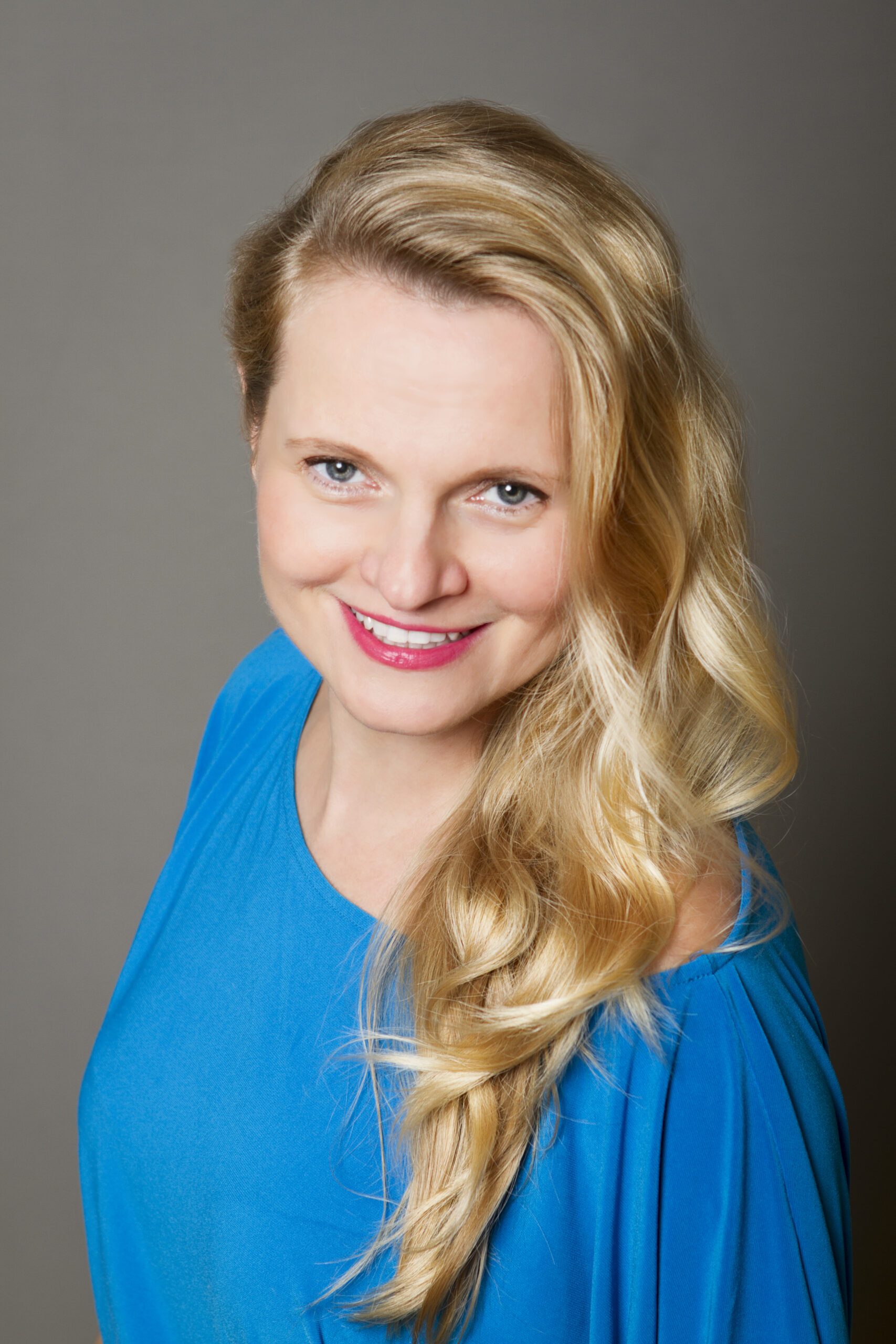
Kinga Skretkowicz-Ferguson (2001 Fellow) is the executive director of Ars Lyrica Houston, which is a performing arts non-profit in Houston, Texas. Given the COVID-19 crisis, all of their events have been cancelled for the foreseeable future. Kinga has been focused on how to support the artists that the organization works with, given that they are all freelance, independent contractors. Her organization has created a special Artist Support Fund and pledged to pay 50 percent of artist fees for canceled subscription program plus full fees for more limited services, including outreach learning.
“Arts organizations everywhere have been forced to cancel events and make difficult decisions about cuts,” Kinga, an immigrant from Poland, explained. “There will be long-term repercussions throughout the industry, as organizations absorb the lack of funding from closed concert halls, cancelled performances, and fundraising events.”
Maryam Zekavat (2017 Fellow) is a third-year MD/PhD student, currently working jointly between Yale’s Computational Biology & Bioinformatics Department and the Broad Institute of MIT & Harvard on her PhD. Giving the pressing need, Maryam has shifted her research to incorporate bioinformatics projects related to COVID-19 and is currently investigating the association of clinical risk factors and known human protein interactions with COVID-19 with respiratory diseases such as pneumonia and acute respiratory distress syndrome. Maryam, who is an immigrant from Iran, writes, “I look up to my co-advisors, Drs. Hongyu Zhao and Pradeep Natarajan, for encouraging me to work on this effort, and also to my lab mates and worldwide collaborators through the COVID-19 Host Genetics Initiatives for generating, sharing, and analyzing data together. Looking forward to the day when I look back at this time and see that all our zoom calls and 24/7 slack messages paid off.”
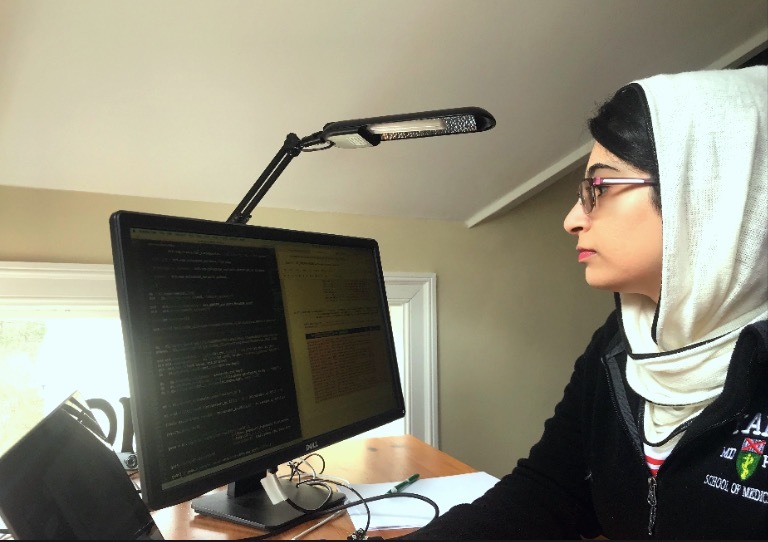
Featured Fellows
-
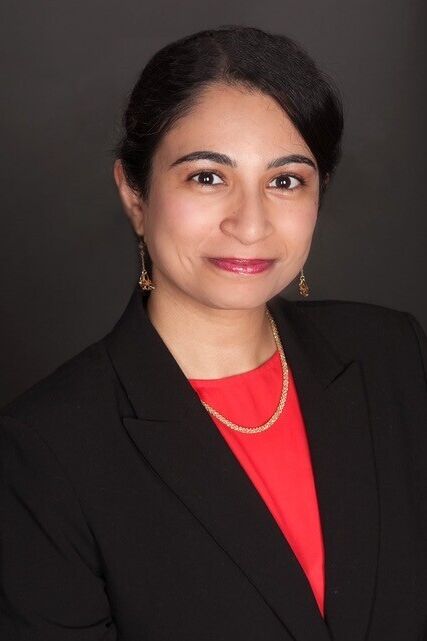
Seyedeh Maryam Zekavat
Ophthalmology Resident, Massachusetts Eye and Ear
Seyedeh Maryam Zekavat is an immigrant from Iran. Fellowship awarded in 2017 to support work towards an MD in Medicine and a PhD in Computational Biology at Yale University
-
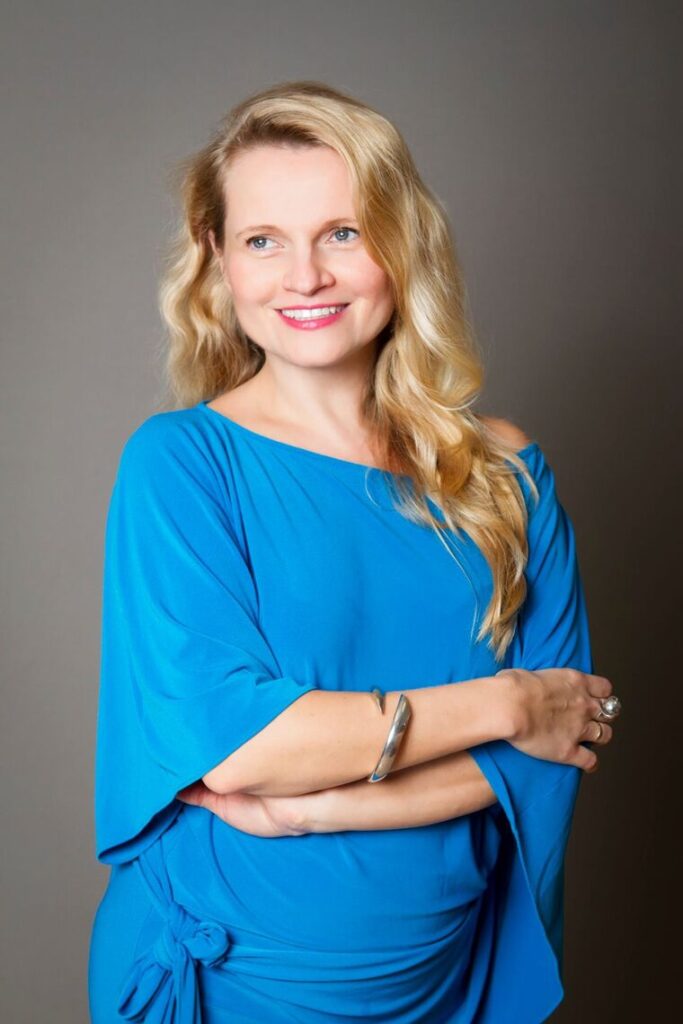
Kinga Skretkowicz Ferguson
Executive Director, Ars Lyrica Houston
Kinga Skretkowicz Ferguson is an immigrant from Poland. Fellowship awarded in 2001 to support work towards an MFA in Voice at Indiana University Bloomington
Keep Exploring
-
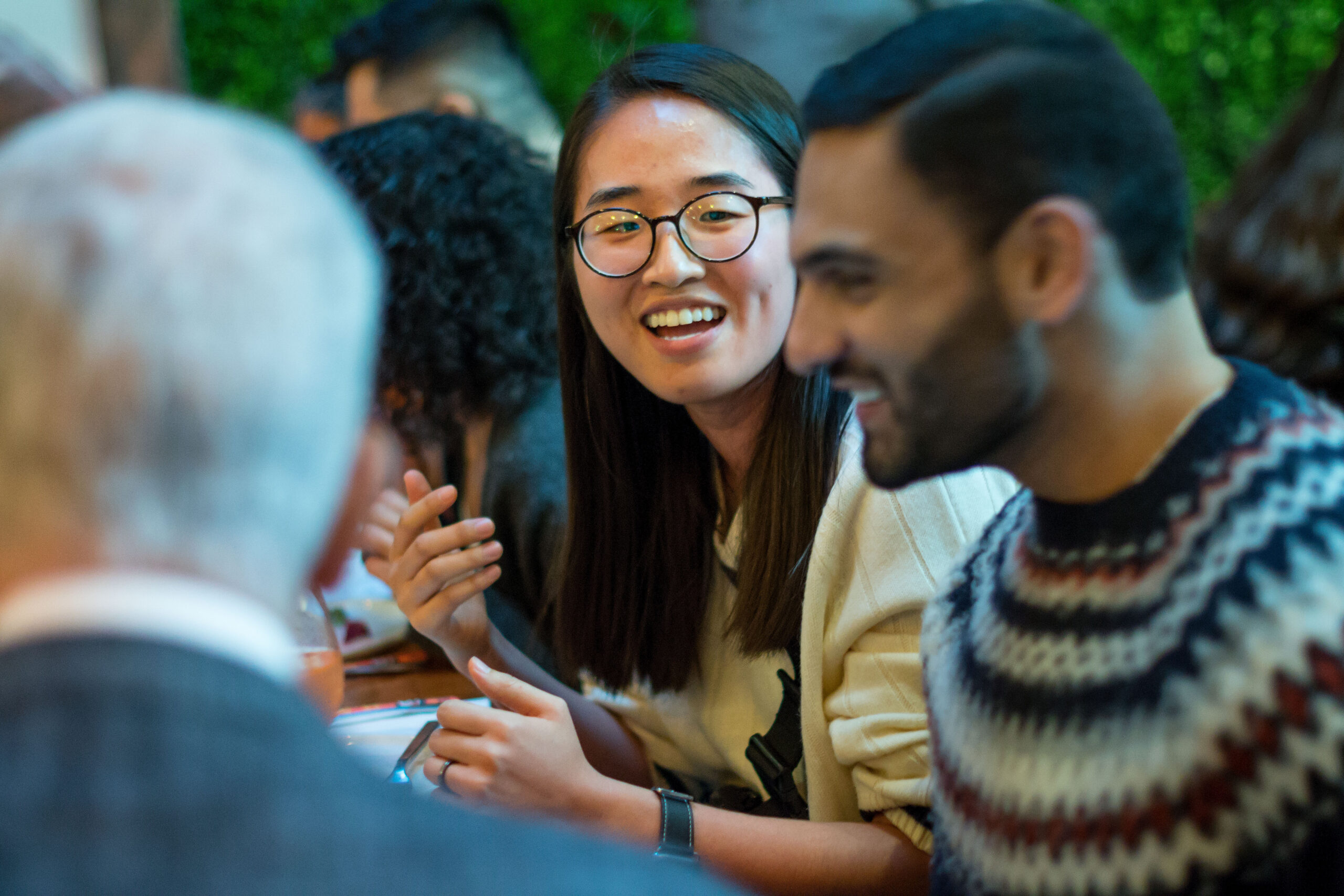 Read more: Kathy Ku Steps into Leadership as PDSFA Chair
Read more: Kathy Ku Steps into Leadership as PDSFA Chair- Board of Directors
- Fellowship News
Kathy Ku Steps into Leadership as PDSFA Chair
-
 Read more: Q&A with MD/PhD Student Silvia Huerta Lopez
Read more: Q&A with MD/PhD Student Silvia Huerta LopezQ&A with MD/PhD Student Silvia Huerta Lopez
-
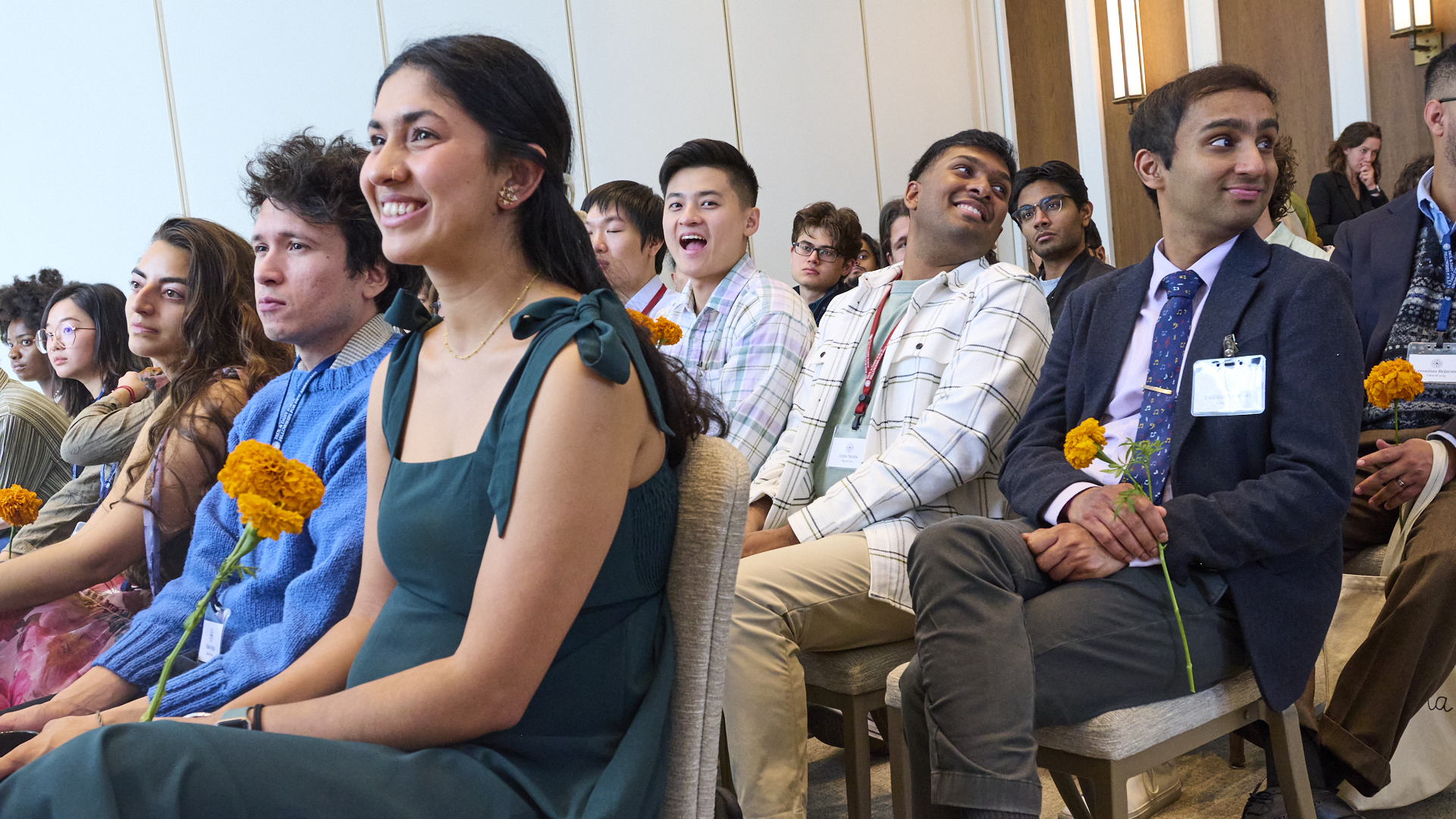 Read more: PD Soros Eligibility Guide for PhD Applicants
Read more: PD Soros Eligibility Guide for PhD Applicants- Applicant Information
PD Soros Eligibility Guide for PhD Applicants
-
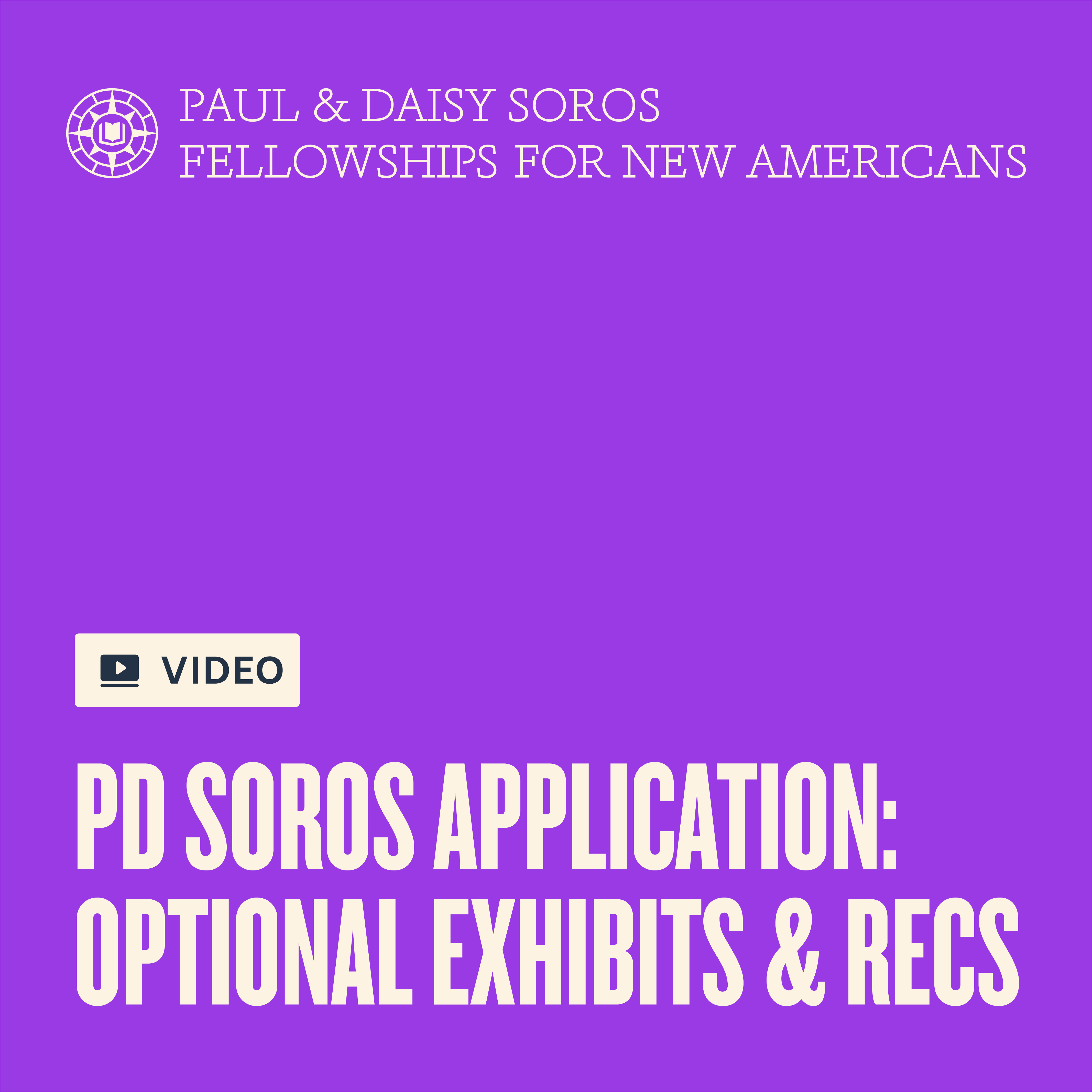 Read more: Watch: Optional Exhibits & Recommendations
Read more: Watch: Optional Exhibits & Recommendations- 2025 Information Sessions
Watch: Optional Exhibits & Recommendations